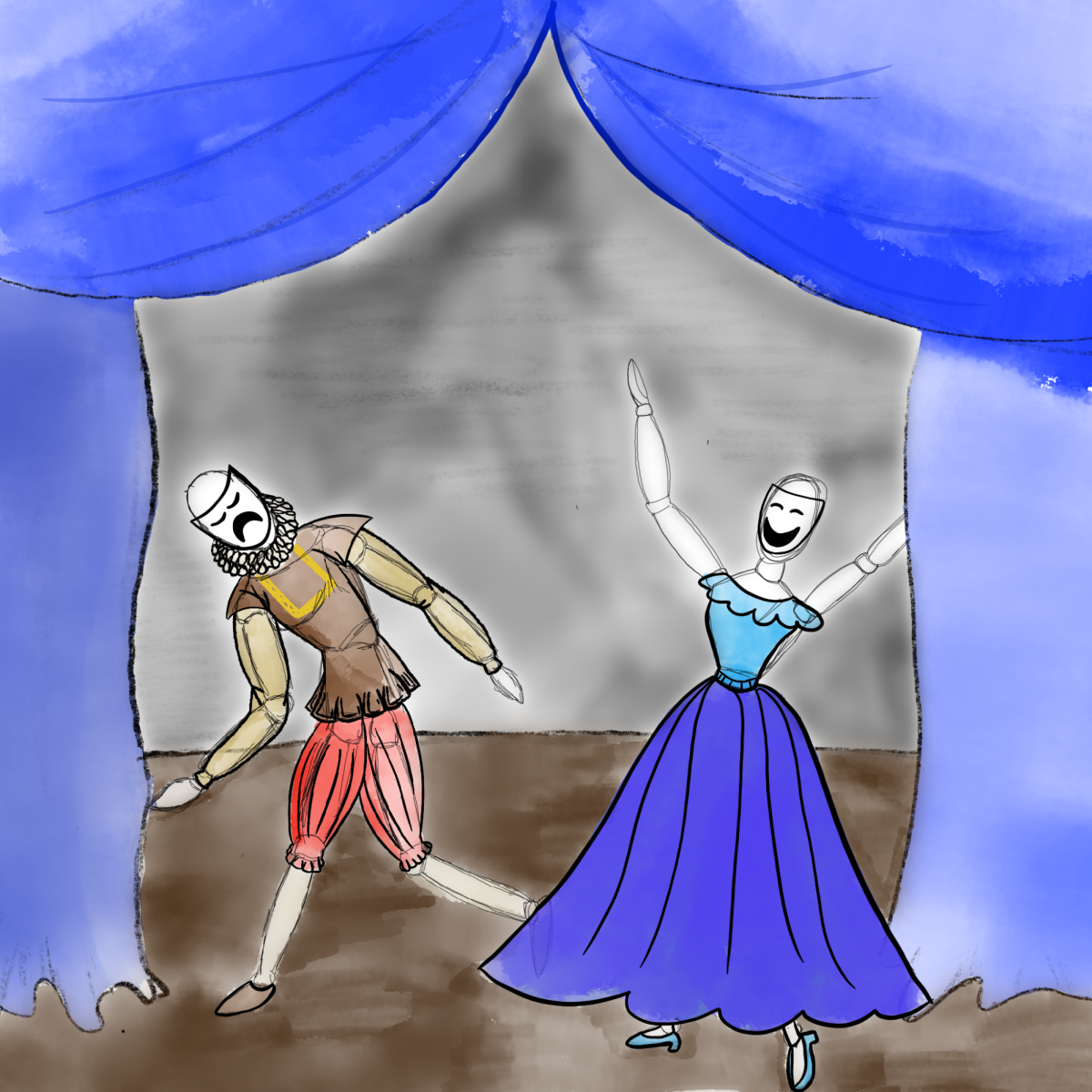In “Pain Hustlers,” Hollywood’s latest in a slew of stories about the opioid epidemic, director David Yates (“Harry Potter,” “Fantastic Beasts”) and writer Wells Tower try to bring a new interpretation on the crisis. The film focuses on Zanna, a fictional pharmaceutical company that grows wildly successful by pushing a fentanyl-based painkiller on doctors and patients with deadly results. Although the film, inspired by a true story, takes a satirical look at some of the players behind the opioid crisis, the superficial story falls short at both tackling the magnitude of the real tragedy and telling an entertaining story.
The dark comedy centers on Liza Drake (Emily Blunt), a struggling single mother so desperate for a win that she throws herself into the company without care for the morality of her work. Chris Evans plays Pete Brenner, the shady Zanna pharmaceutical rep who takes a chance on hiring Liza.
“Pain Hustlers” follows a comedic mockumentary format, with black and white interviews of Pete, Liza and other characters reflecting on the film’s events. However, rather than fleshing out characters and enhancing their perspectives, the unnecessary interviews and voiceovers take the viewer out of the moment and act as a cop-out for explaining information directly to the audience. Pete mentions “speaker programs” to Liza as a method to sell more prescriptions — the viewer may wonder, what are speaker programs? The film then cuts to Pete’s interview explaining it.
Evans tries too hard to come off as sleazy and his performance as Pete becomes a caricature without much depth. Despite her spotty, sometimes-Southern accent, Blunt turns in a performance far beyond the film’s quality, making the simplistically written Liza engaging, dynamic and almost believable.
“Pain Hustlers” appears afraid to present Liza as an unlikable character, despite her role in many people’s deaths. Liza states towards the end of the film that she became money-hungry and willfully ignorant of the drug’s risks because of it, but the rest of “Pain Hustlers” never shows that, preferring to present her as a sympathetic protagonist. The film almost entirely focuses on her role as a devoted mother motivated by her desire to help her daughter suffering from epilepsy. This leads to a one-sided, underwritten representation of Liza instead of making her complex and interesting.
“Pain Hustlers” jumps from one plot point to the next, checking off the boxes of the storyline and creating a disjointed, by-the-numbers narrative without meaningful character development. This creates a surface-level look at the opioid crisis that doesn’t let the viewer, or the characters, sit with the story’s impact.
“Pain Hustlers” aims to present a takedown of the greedy pharmaceutical representatives who drove the opioid epidemic, but confuses its message through its focus on a sympathetic main character and a refusal to engage with her flaws. “Pain Hustlers” wants the viewer to think it has something new to say about the opioid epidemic, but it doesn’t.
2 popcorn towers out of 5














